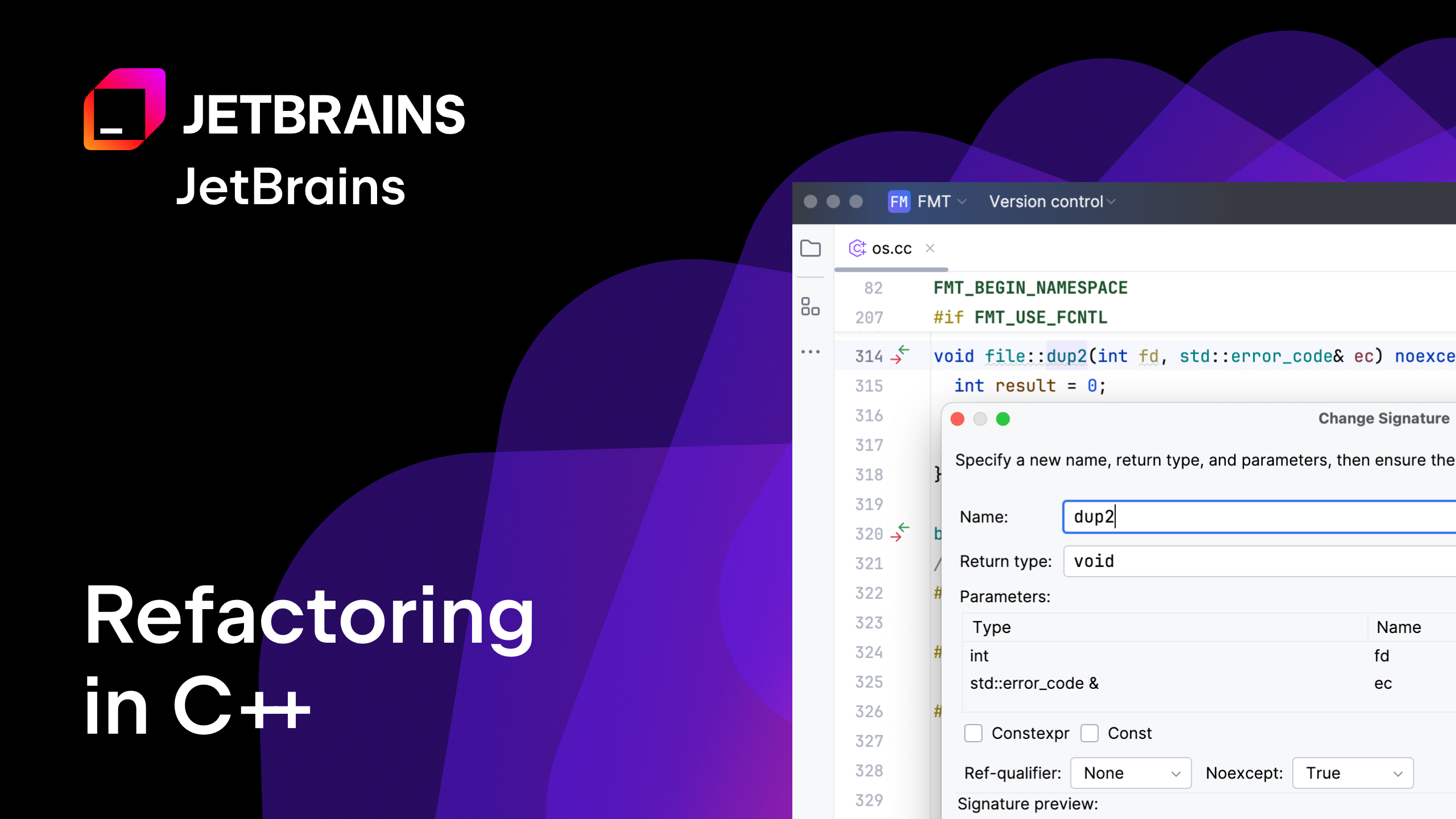Node.js EPUB Library @smoores/epub Released

A new Node.js library, @smoores/epub, has been released. It allows developers to inspect, modify, and create EPUB 3 publications. The library offers high-level APIs that simplify interaction with the EPUB specification, such as setting the title and retrieving author information. Lower-level APIs provide granular control over the EPUB structure, enabling tasks like adding chapters and metadata. Built upon fast-xml-parser, @smoores/epub provides robust XML parsing and manipulation capabilities, facilitating efficient handling of EPUB file XML content.











